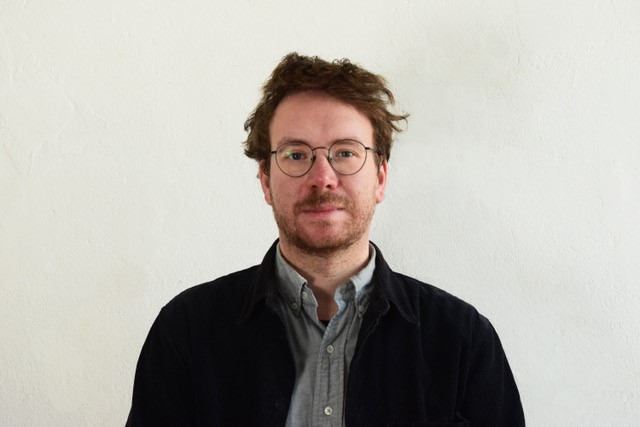- Indico style
- Indico style - inline minutes
- Indico style - numbered
- Indico style - numbered + minutes
- Indico Weeks View
Your profile timezone:
.jpg) HIDA CIFAR Summer School on Data Science & Climate
HIDA CIFAR Summer School on Data Science & ClimateJoin us for an immersive and interdisciplinary Summer School on Climate Research and Remote Sensing bringing together young researchers, professionals, and students eager to tackle global climate challenges using innovative data-driven approaches.
Please note that you do not need to work in climate research to attend this summer school, we are explicitly looking for a diverse and interdisciplinary group of participants!
Date: June 30 – Juy 4, 2025
Locations: Berlin at the HIDA Hub (Helmholtz-Gemeinschaft, Anna-Louisa-Karsch-Straße 2, 10178 Berlin) & Helmhotz Centre for Geosciences (Telegrafenberg, 14473 Potsdam)
Description
Together, CIFAR and the Helmholtz Information & Data Science Academy (HIDA) are planning an in-person summer school for graduate and postgraduate students on the theme of Data Science for Climate, using data science and new technologies to support interdisciplinary research. Students will have the opportunity to dive into the crossroads of data science, AI, climate research, and in particular remote sensing with sessions on different methodologies and domain-specific applications. Our program offers a unique blend of theoretical foundations, hands-on experience, and collaborative learning.
What to Expect?
Find more details in the timetable, which is continuosuly updated!
Speakers
Please find more information about our speakers and their research interests here!
 |
Ariel L. Furst (MIT) |
|
Mike Sips (GFZ) |
 |
Ann Gregory (University of Calgary) |
 |
Sigrid Roessner (GFZ) |
 |
Maximilian Gelbrecht (PIK) |
 |
Stefan Bauer (Helmholtz AI) |
 |
Peer Nowack (KIT) |
 |
Wolfgang Graf zu Castell - Ruedenhausen (GFZ) |
 |
Dagmar Kainmueller (MDC) |
|
Who can participate?
Participants must be PhD students or postdoctoral fellows either affiliated with Helmholtz or as a student of a CIFAR program member. The Summer School will include equal participation from Helmholtz students and CIFAR program trainees.
For Helmholtz spots, applications from the six Helmholtz Information & Data Science Schools - MUDs, HIDSS4Health, MarDATA, HDS-LEE, HEIBRIDS, DASHH - will be given priority.
How to apply:
To apply for one of the 15 seats allocated to Helmholtz, please go to "Apply now" to apply for participation in the HIDA CIFAR Summer School. Admission notifications will be sent out in the beginning of May. We strongly advise to wait with your travel arrangements until then.
Application deadline has passed!
Questions?
Please contact us: hida-courses@helmholtz.de